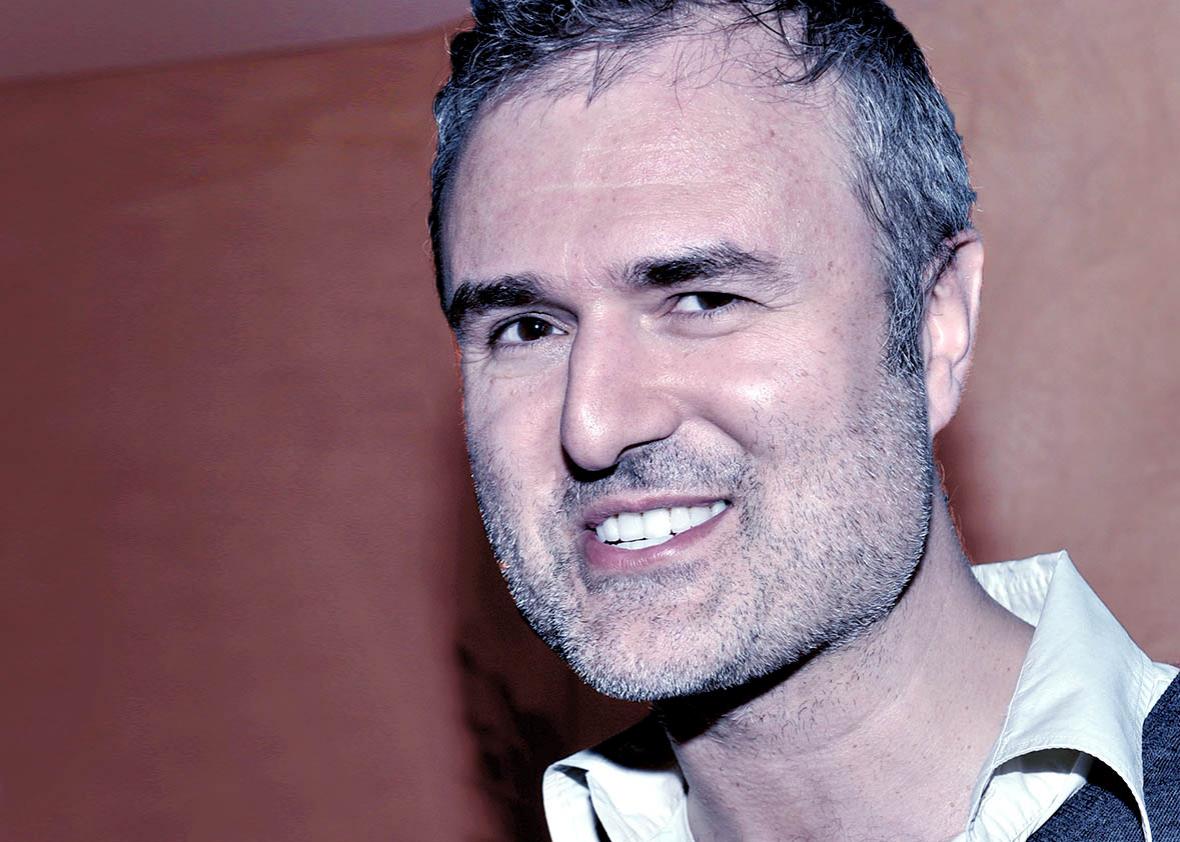On Friday, Gawker took down a controversial story alleging that a married male C-suite executive attempted to hire a male escort for sex. In a rueful post, Gawker CEO Nick Denton claimed that the company’s managing partnership voted to remove the article because it failed to “reveal something meaningful.” That may be true. But the company possibly had another motivation for taking down the piece. The story may well make the site the target of a libel suit—one that would be startlingly easy for the executive to win if not every single fact in the piece turned out to be airtight.
In his apology note, Denton suggested that Gawker prefers to write about “politicians, celebrities and other major public figures.” Focusing on the misdeeds of public figures is, of course, good journalistic ethics. But it’s also a smart legal strategy. The Supreme Court has held that under the First Amendment, a special standard applies to public figures in libel suits. Public figures—a category that includes government officials, celebrities, and other household names—have to do more in a court of law than simply prove that information printed about them was false. Rather, they must prove that false information was printed with “actual malice”—that is, with the knowledge that the information was untrue or with “reckless disregard” for the truth.
The court designed this standard to protect robust discussion of public controversies. But not every player in a big news story is an elected official or a household name. So the court created a second category: A limited-purpose public figure, someone who has thrust himself to the forefront of a public controversy, usually to influence its resolution. For example, a prominent climate scientist who advocates for environmental reform would probably qualify as limited-purpose public figure. A typical socialite or business person would not. When pursuing a libel claim, limited-purpose public figures must also prove that allegedly defamatory statements that relate to their fame were made with actual malice. It is thus exceedingly hard for any kind of public figure to win a libel suit.
For the rest of us, however, winning a libel suit is vastly easier. In most states—including New York, where Gawker is based—private figures need only prove that false information was published negligently. (In New York, when the private figure is involved in a controversy of legitimate public concern, a higher standard applies—but the executive’s actions here would likely not be considered a public concern.)* In other words, such a litigant need only show that the publication didn’t act with a “reasonable level of care” when printing misinformation about him. When evaluating libel cases involving private figures, courts usually examine factors like the trustworthiness of a journalist’s source and the amount of research he did before going to print. If a journalist was sloppy about fact-checking—or overly reliant on a clearly dubious source—and ultimately printed defamatory information, he will likely have failed to meet the “reasonable care” standard.
Unfortunately for Gawker, the executive in question appears to me clearly to be a private figure. His only connection to fame is the fact that a family member was a prominent member of the Obama administration, and that he is a high-ranking executive at a major media company. Those links alone are not enough to elevate him to the level of a limited-purpose public figure. He may be the subject of controversy now, but that’s only because Gawker published its (now-removed) story on him. A publication cannot turn an otherwise private person into a public figure by alleging something outrageous about him. The executive was a private person on Thursday afternoon. The Gawker article did not turn him into a public figure on Thursday night.
Of course, there’s one last requirement for a private figure pursuing a libel claim: The information published about him must be false. That’s the big unknown in the Gawker case. (In his retraction notice, Denton made what is possibly a pre-emptive defense in this regard, saying “[t]he account was true and well-reported.”) But even if Gawker’s broader allegations are true, the company isn’t off the hook. The executive may sue—and win—if Gawker botched just a few details which contributed to some damage done to his reputation. I cannot speak to the amount of fact-checking that went into the article, or whether the escort in question—who was granted anonymity by the publication, but whose name has since been revealed—was its single source. But unless Gawker is completely confident that every single allegation is completely accurate, the company should be very, very nervous right now.
Update, July 18, 12:50 a.m.: This post has been updated to note that if the executive’s actions were a matter of legitimate public concern—which I believe they are not—a higher standard would apply.
